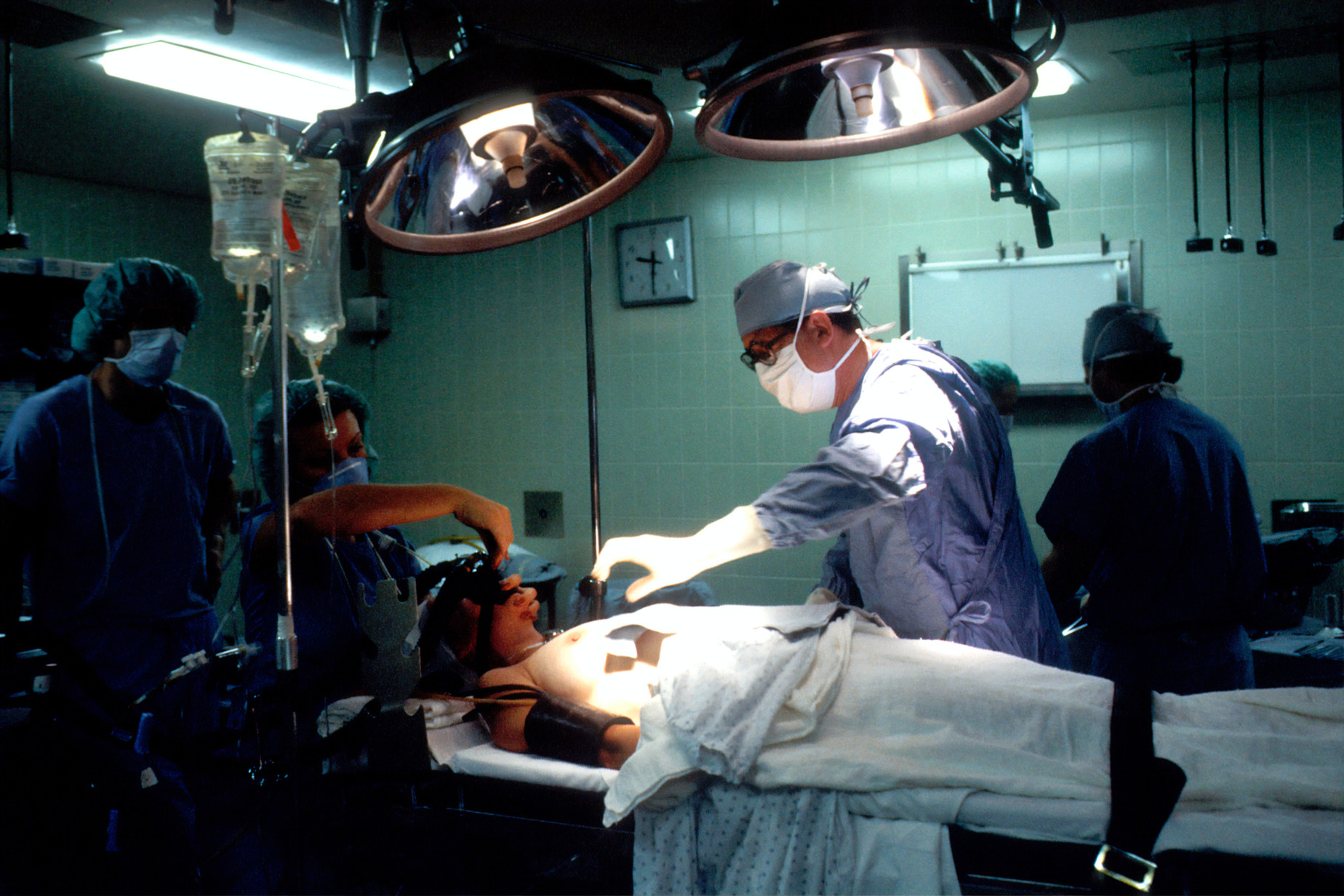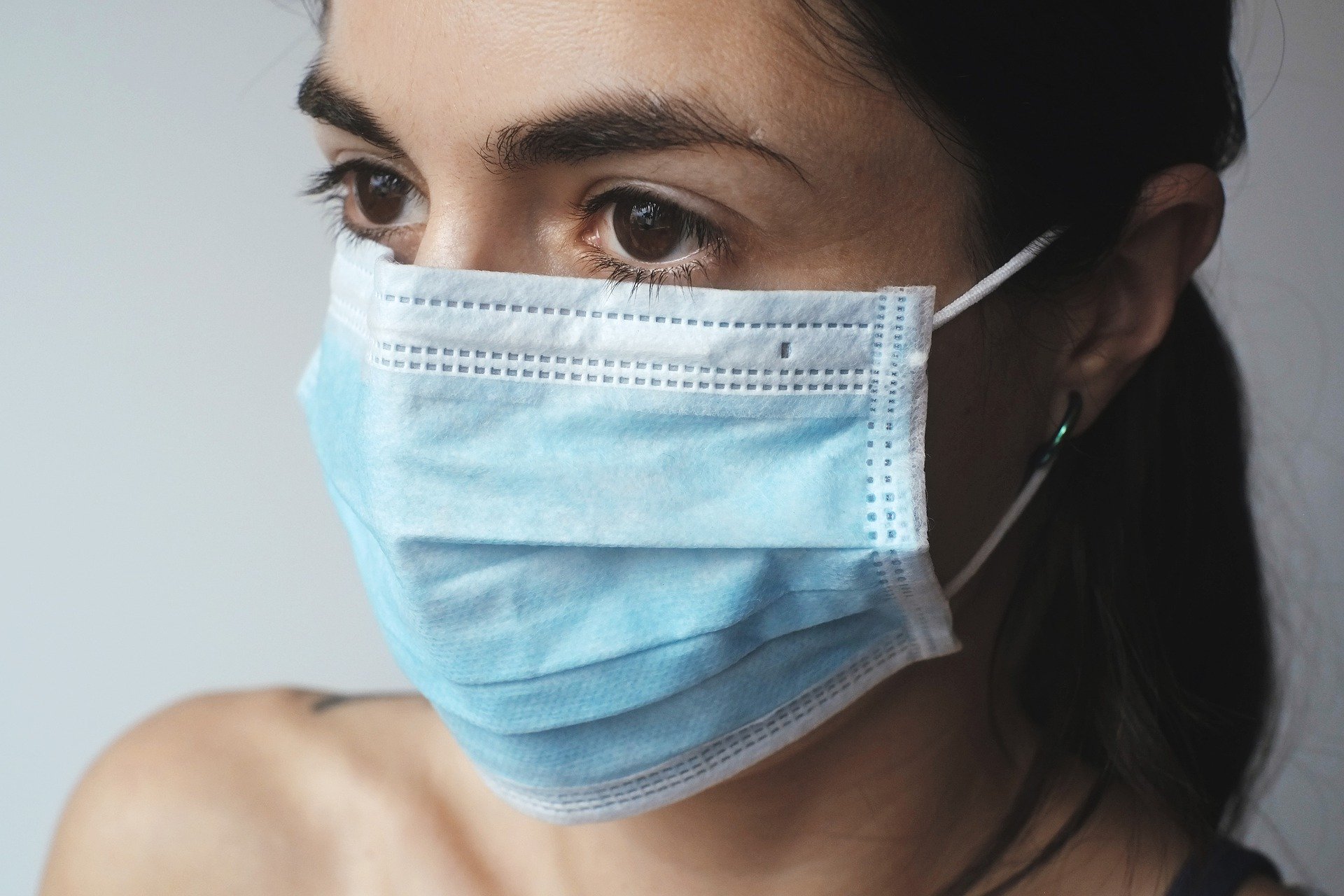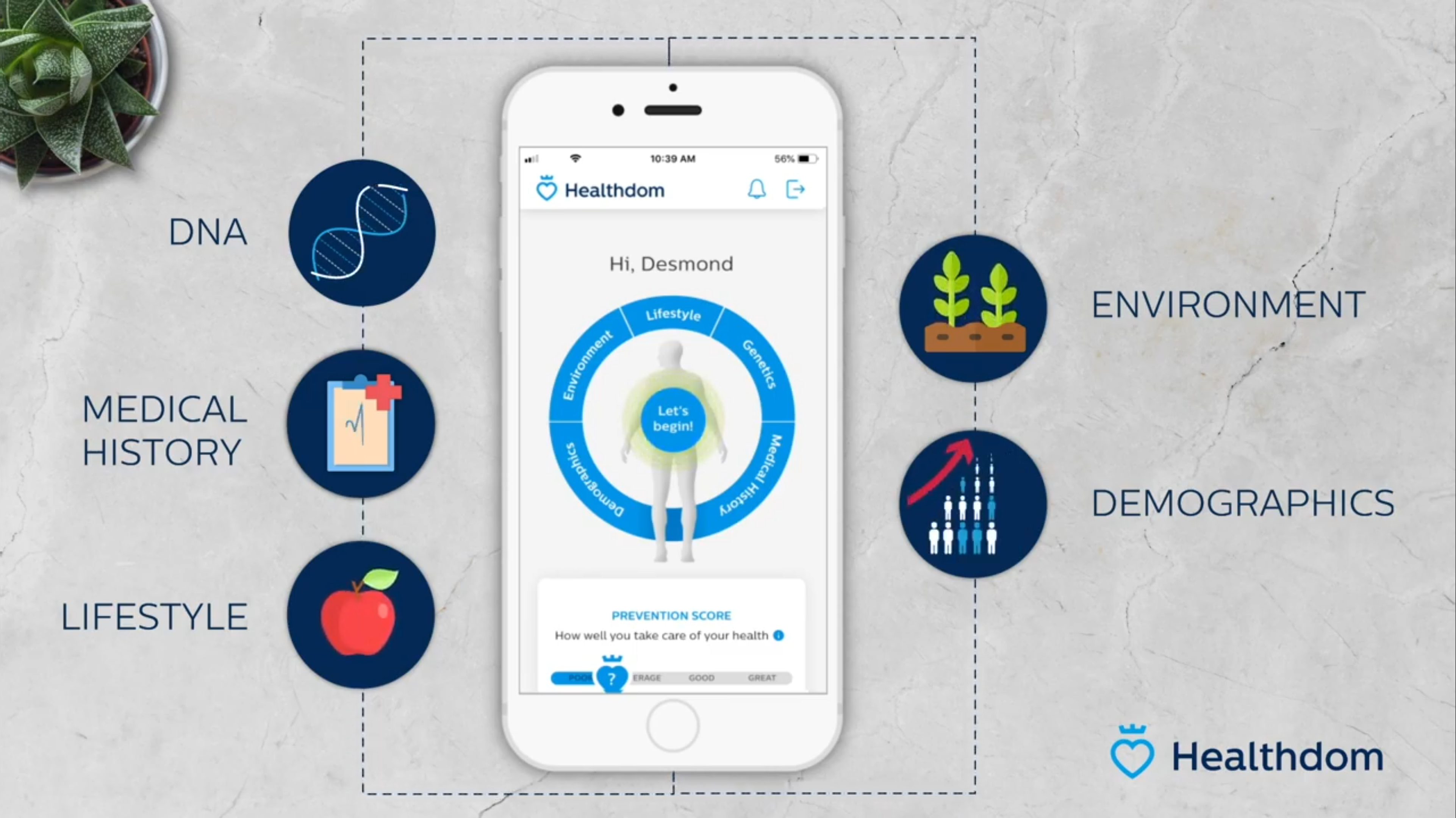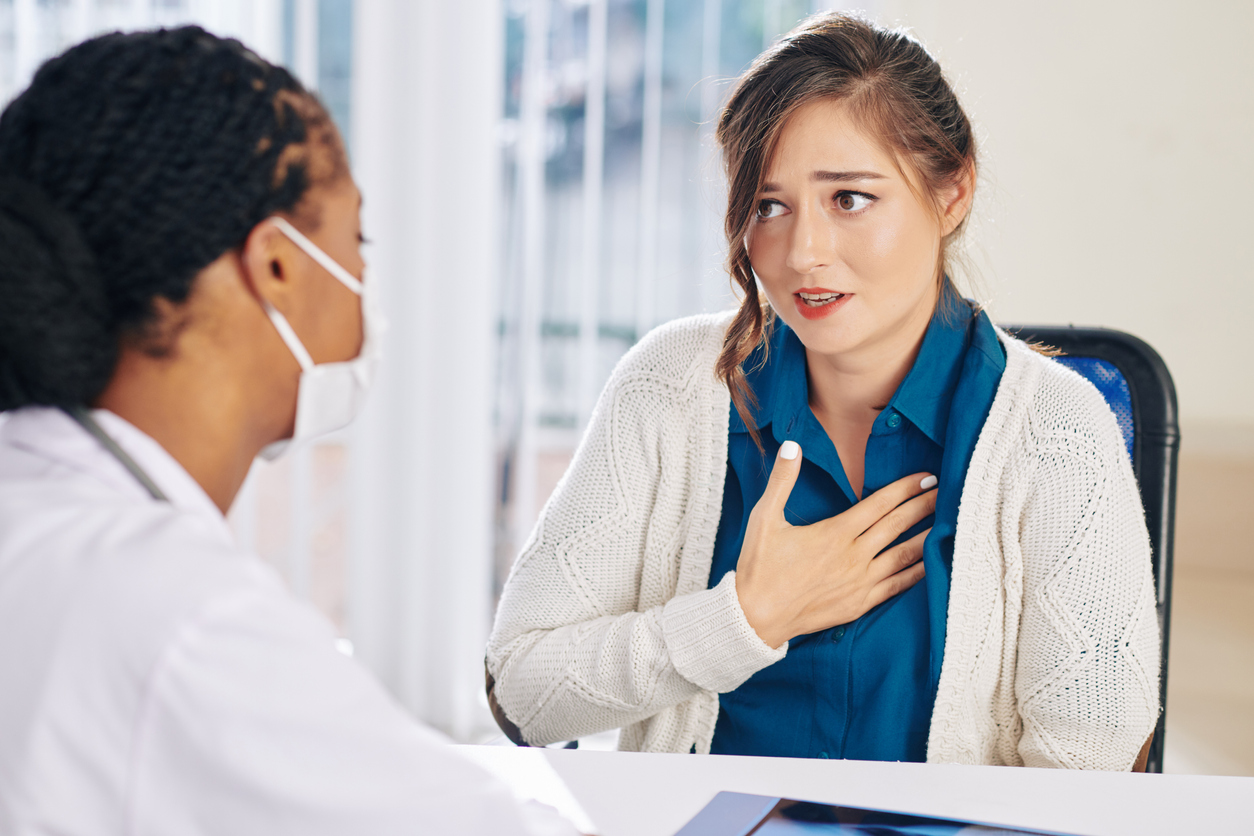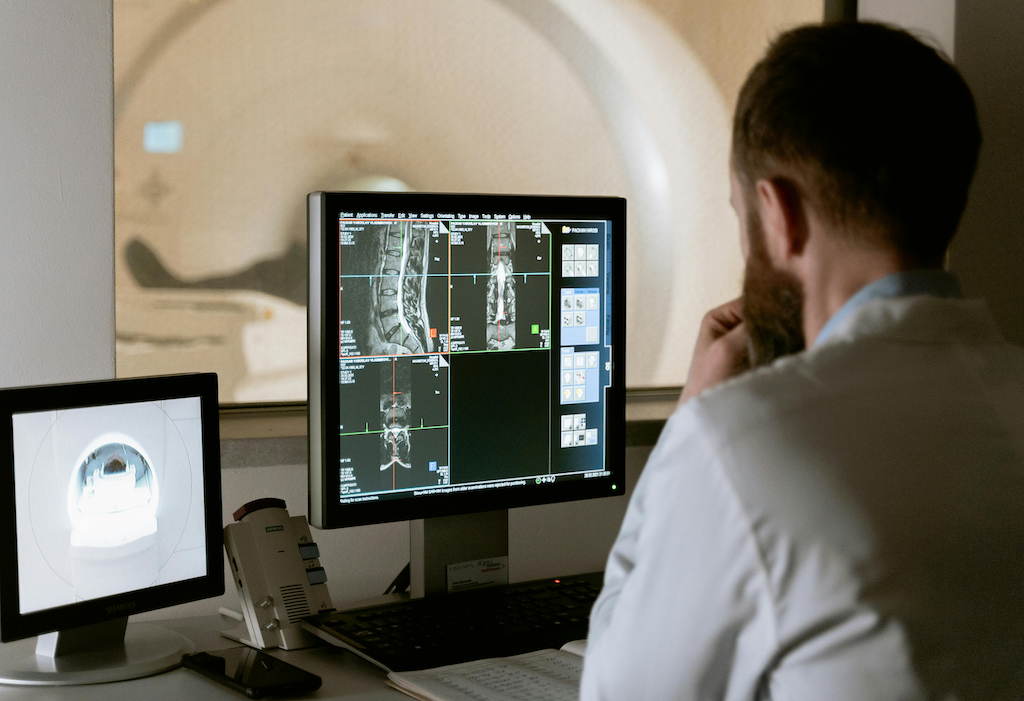You are what you eat – although slightly exaggerated, this saying holds a lot of truth. Food is more than just a source of energy. It is also an aspect of life’s pleasure – something that has the power to improve it, something that is a reward in many situations, and even something that guarantees relief. And, just as it can help us improve our health, it can also harm it if improperly chosen.
Our diet influences many aspects of our lives. Our physical and sexual health, intellectual abilities, and even emotions all have a big impact on what we eat and drink. In other words, if we avoid eating junk food and instead opt for nutritious meals high in vitamins and minerals, we give ourselves a chance to have more energy and feel better.
All of these factors contribute to one thing: health. It is influenced by vital forces, brain activity, and the actions of individual organs and body parts. Diet can not only help the body function properly, but it can also protect it from disease. Is it possible that what we eat has something to do with why we get sick? Can a healthy diet aid in the prevention of cancer?
Will You Get Cancer If You Eat Well?
Heart disease is the leading cause of death in the United States, according to the American Center for Disease Control. Cancer is ranked second (nearly 1.22 million deaths during the study period, i.e. from March to October 2020). Many factors, including but not limited to genetic and environmental issues, influence oncological diseases. In this context, nutrition is also important.
To be clear, no diet can guarantee we won’t get cancer. Nothing we eat is capable of curing disease. Experts, on the other hand, agree that diet is critical in cancer prevention. According to the WHO, what we eat can influence whether or not we develop an oncological disease by up to 30-35%. This is especially true because, unlike most cancer-causing factors, we have direct control over our diet.
Colorectal cancer is the cancer that is most affected by eating habits. It was previously primarily for seniors. In the United States, one-third of patients diagnosed with this cancer are under the age of 40. What has caused such a drop in performance?
This is largely due to an insufficient diet, which, when combined with a lack of exercise, leads to obesity. As a result, a variety of diseases, the most prominent of which is cancer, develop.
Obesity Is Linked To Cancer
The Centers for Disease Control and Prevention released a map of the prevalence of obesity in the United States in 2019 in September 2020. It found that as many as 35% of adults in twelve states were obese. According to a 2020 Harvard study, one in every three adults in the United States is obese.
Obesity is a major public health concern. It greatly increases the risk of a number of diseases, including cancer. Obesity can be caused by a variety of factors, but it is most commonly caused by a poor diet, specifically eating processed, unhealthy, high-calorie, and fried foods.
Excessive portion size, consumption of carbonated beverages and alcohol, and cigarette smoking are all significant factors. Obesity causes premature death, which is a cause for concern. It’s difficult to say how many people die as a direct result of it, but the National Library of Medicine estimates that up to 300,000 people die in the United States alone each year.
A well-balanced diet is essential for controlling weight and lowering the risk of cancer. What should it look like?
The Colorful Diet
Although there is no such thing as an anti-cancer diet, what we eat can influence the risk of developing a malignant tumor and the progression of cancer. It turns out that healthy food is colorful food.
A person following a healthy diet should get most of their color from vegetables and fruits (with a significant, because 3/4, predominance of the former). Harvard University’s Department of Public Health and Harvard Health Publications have published guidelines in which vegetables and fruits account for half of a meal.
It is best if they are fresh, but they can also be frozen, dried, canned, or in juice form. It is worth noting that they come from various subgroups, for example, they are color-diverse, and there are legumes and starch plants among them.
How much should you eat? With a 2000 calorie diet, the amount of vegetables per day should provide the equivalent of 2.5 glasses (5 servings), while fruits – 2 glasses (4 servings)..
Fruits and vegetables are represented by 1 glass equivalent:
- a glass of vegetables or fruits in fresh or cooked form,
- a glass of juice from vegetables or fruits,
- 1/2 cup dried fruits or vegetables,
- 2 cups of leafy vegetables (because their volume distribution differs from the others).
What does this mean? Vegetables and fruits are high in nutrients (such as vitamins, potassium, fiber, and folic acid) but low in fat and calories. They do not contain any harmful bad cholesterol (plants do not contain it at all).
Antioxidants, which are found in fruits and vegetables, help to prevent the formation of free radicals, which can lead to the development of cancer cells.
Lycopene and carotenoids found in tomatoes, as well as yellow, red, and green vegetables and fruits, are examples of these.
Whole grains high in dietary fiber, nuts and seeds, vegetable oils, and water are also chemopreventive. The latter should be consumed at a rate of at least 1.5 liters per day.
In contrast to a healthy menu, there are some products whose regular consumption raises the risk of cancer. These include, for example, red meat and meat preparations, which are high in saturated fats, which influence, among other things, the development of inflammatory processes. This is a straightforward approach to cancer.
The „blacklist” also includes highly processed foods, such as sweets and fast food, which alter the gut bacterial flora and increase the risk of cancer. Excess salt, sugar (including carbonated beverages), and alcohol should be avoided as well.
Will following these recommendations keep us healthy and prevent us from getting cancer? Nothing provides such a guarantee. However, of all the factors that can cause cancer, we have the most influence over our diet. We can postpone or reduce the risk of disease with its assistance. It would be a shame not to seize this opportunity.
